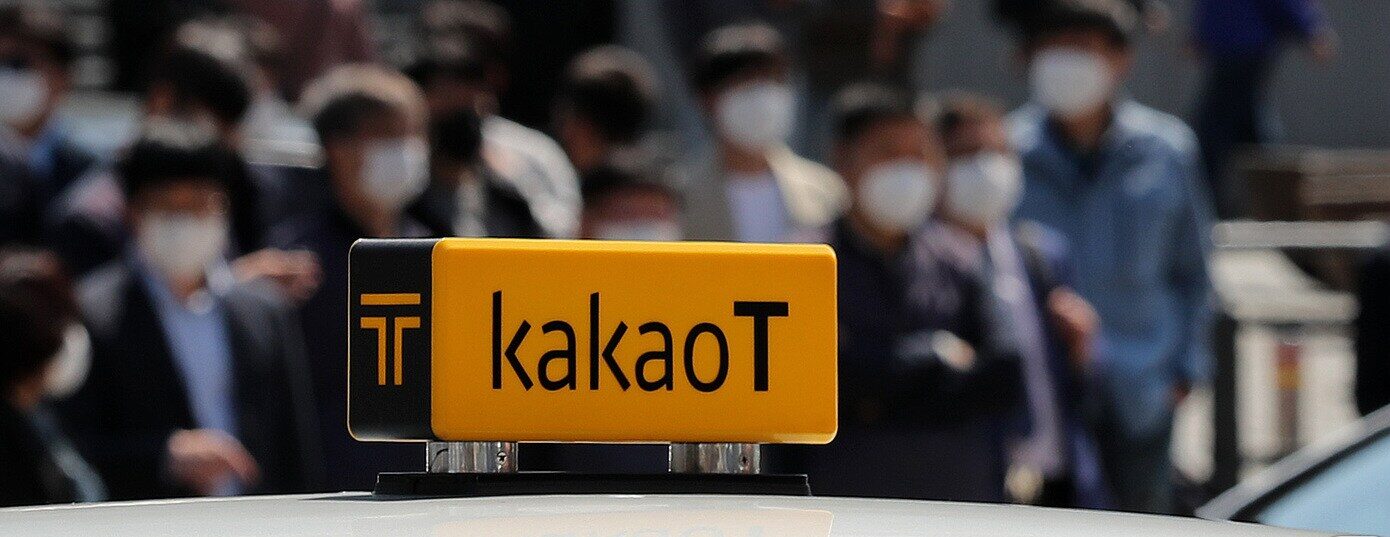
Kakao Mobility, the ride-hailing subsidiary of Korean tech giant Kakao, has been fined $10.5 million (KRW 15.1 billion) by South Korea’s antitrust watchdog, the Korea Fair Trade Commission (KFTC), for restricting competitors’ access to its taxi-hailing app. The penalty marks a significant reduction from an earlier fine of $50.3 million (KRW 72.4 billion), which was adjusted after a recalculation of Kakao Mobility’s operating profits.
The fine stems from Kakao Mobility’s practices of either charging rival franchise operators fees or requiring them to sign partnership agreements granting access to sensitive operational data. Failure to comply led to the blocking of drivers affiliated with those rivals from using the Kakao T app, effectively limiting competition. Uber and TADA were notably excluded from partnerships, resulting in their drivers being unable to use Kakao T, while Banban and Macaron Taxi opted to partner with the company.
Kakao Mobility dominates South Korea’s taxi-hailing market, with a 96% market share as of 2022, far outpacing competitors Uber, TADA, and I’M Taxi. The Kakao T app serves as the primary platform for both general and franchise taxi services, including its subsidiary brand Kakao T Blue. This market dominance grew substantially between 2020 and 2022, rising from 51% to 79%, supported by its controversial practices.
The company defended its actions, stating that blocking franchise drivers from accessing the app was intended to reduce call duplication between platforms and improve user experience. In an emailed statement, a spokesperson for Kakao Mobility added that the company is cooperating with the government’s push for fair competition while pursuing administrative litigation to contest the KFTC’s findings.
This fine is the latest in a string of regulatory actions against Kakao Mobility. In November, the Financial Services Commission imposed a $2.47 million (KRW 3.4 billion) fine for suspected accounting fraud and referred the matter to prosecutors for further investigation. The company has also faced challenges beyond its mobility business, with local media reporting lukewarm reception for its upcoming AI chat service, Kanana, due to limited data allocation.
Kakao’s broader operations have not been immune to controversy. Brian Kim, Kakao’s chairman and founder, was granted bail in October after a 100-day detention related to alleged stock manipulation charges.
With these developments, Kakao Mobility’s position in the ride-hailing market faces ongoing scrutiny as regulators and competitors alike challenge its dominant role.
Featured image courtesy of News1
Follow us for more tech news updates.
